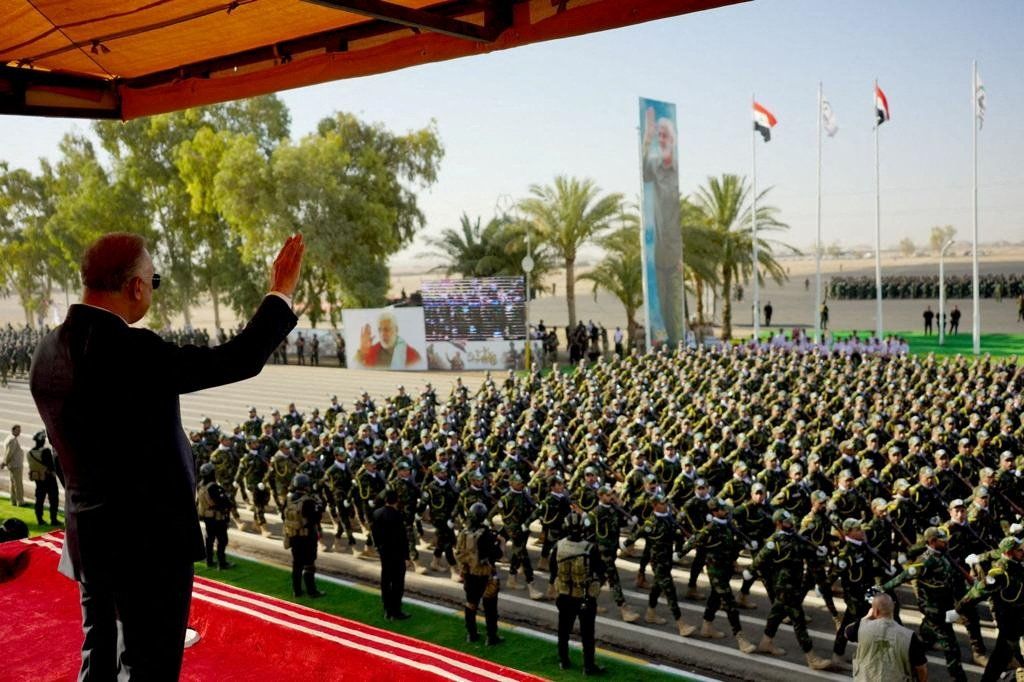Elizabeth Tsurkov, a 36-year-old Russian-Israeli researcher and academic, was kidnapped back in March while on a research trip in Iraq, the Israeli government revealed on Wednesday.
Tsurkov, a doctoral student at Princeton University who has done extensive reporting and research on Syria’s civil war, was reportedly abducted while leaving a cafe in central Baghdad. As an Israeli citizen, she is banned from entering Iraq and had used her Russian passport to access the country.
There have been mixed reports on who abducted her: Some believe Kataib Hezbollah was behind the abduction, while others have pointed the finger at Asaib Ahl al-Haq, a Shiite paramilitary group trained by Iran’s Quds Force. Either way, there’s broad consensus that the Popular Mobilization Forces – an umbrella group of Shiite militias backed by Tehran – is involved.
It is unclear why the Israeli government decided to announce this three months after the event, but there have been reports that PM Benjamin Netanyahu has been appealing to Russia’s Vladimir Putin to use his sway with the Syrians and Iranians to ensure Tsurkov’s release. What’s more, Netanyahu said Wednesday that Tsurkov – undoubtedly a good bargaining chip for the Iranians wanting to see their own prisoners released by the West – remains alive.
It’s bad enough that Tsurkov is in the hands of a pro-Iranian militia in Iraq, with which the US, should it get more involved, maintains strategic relations. But some have raised fears that Tsurkov could be transported to Iran – and there’s perhaps no more dangerous place to be an Israeli Jew than in the country that has sworn to destroy Israel. Indeed, the stakes couldn’t be higher right now.
